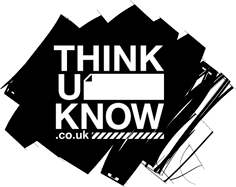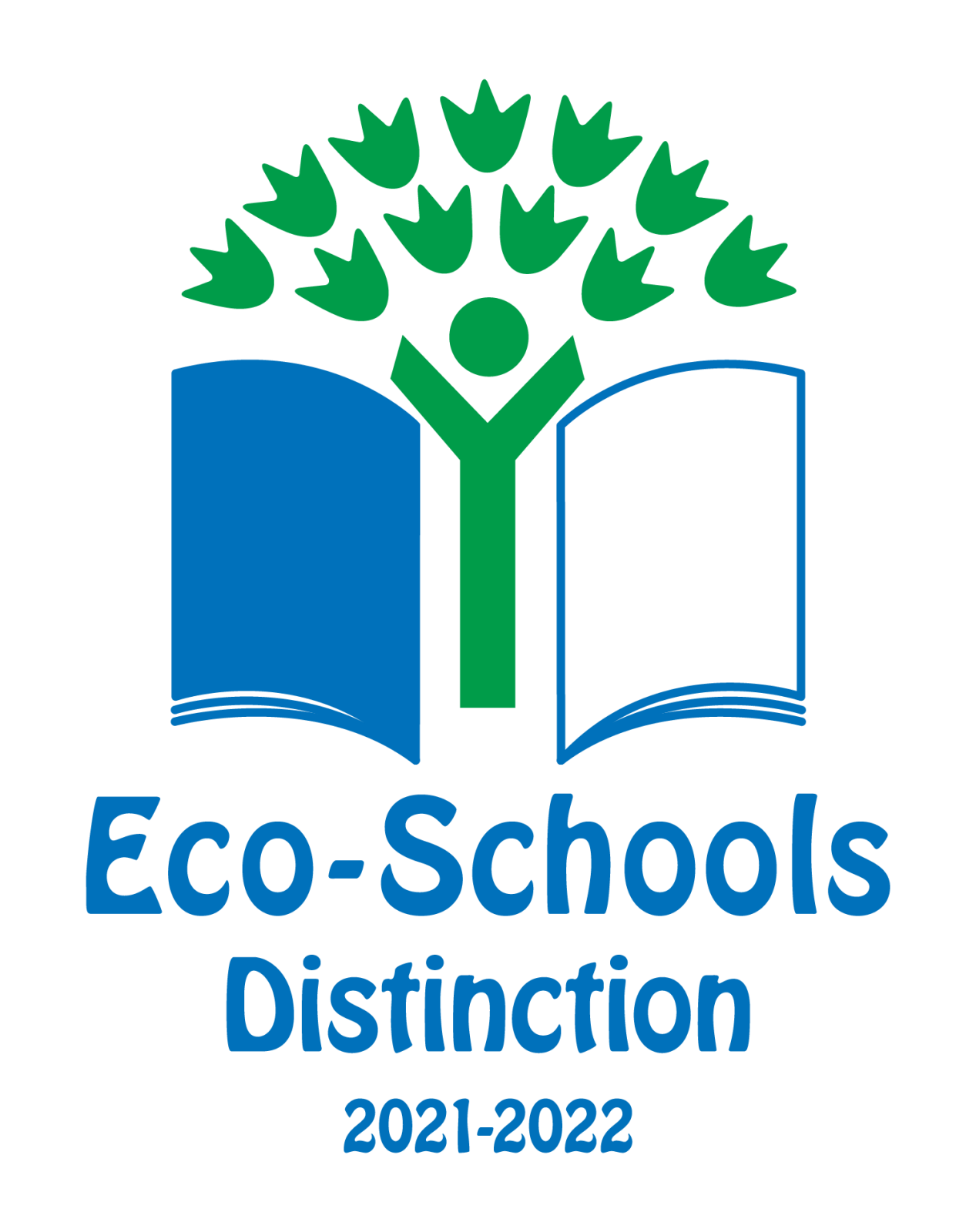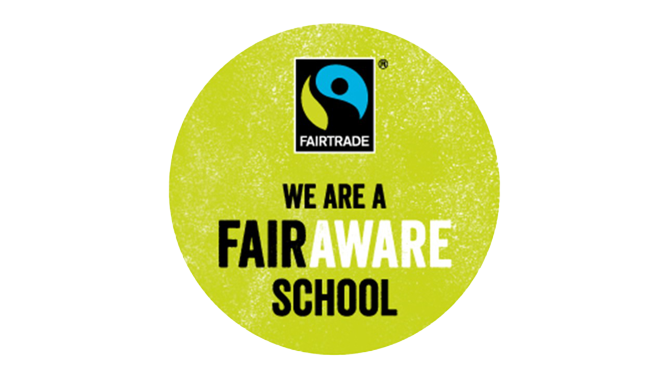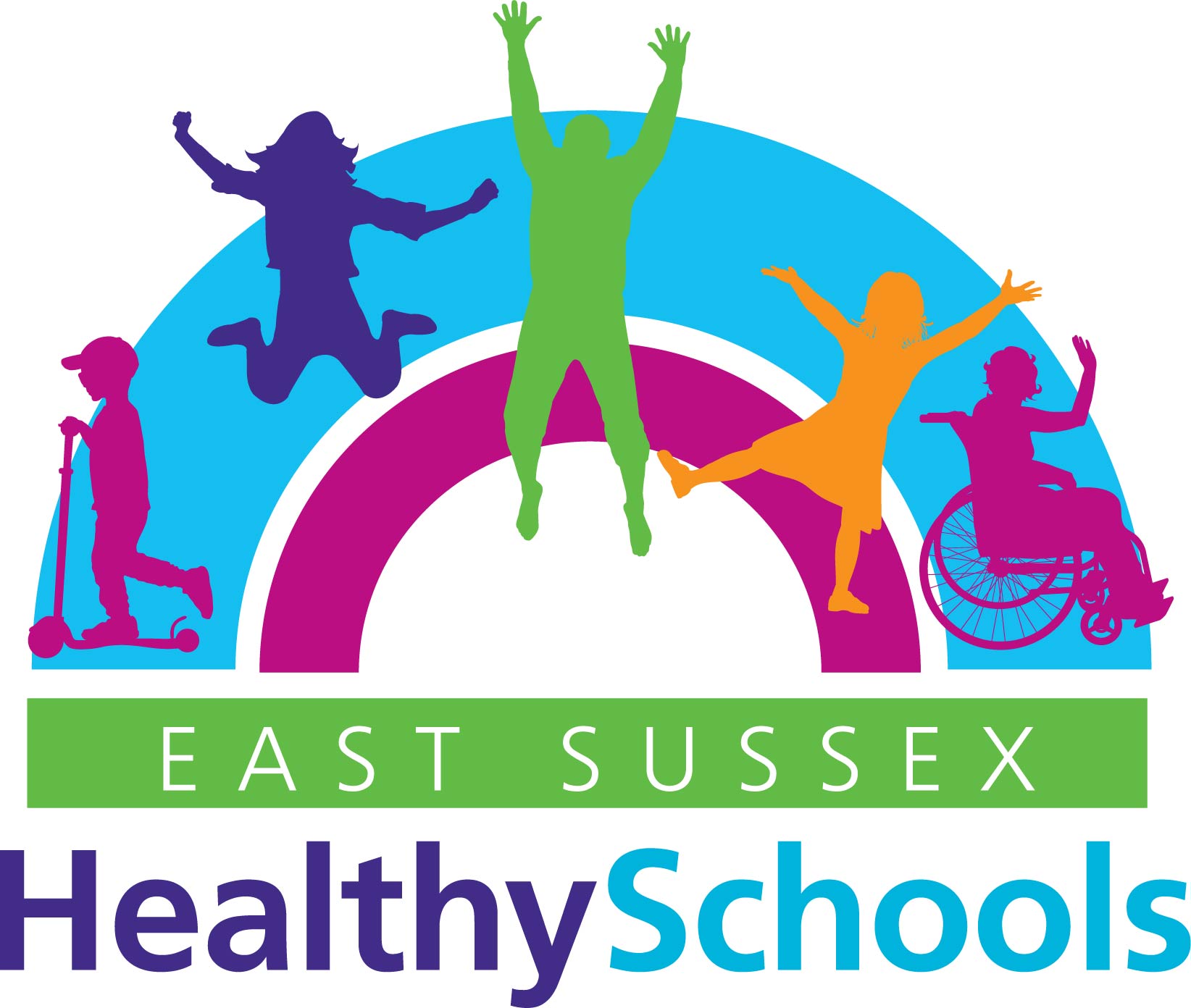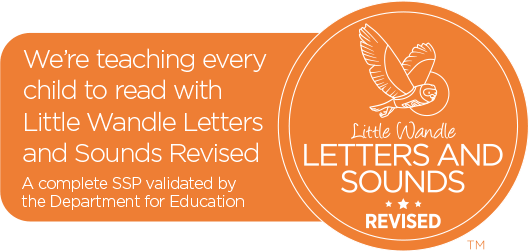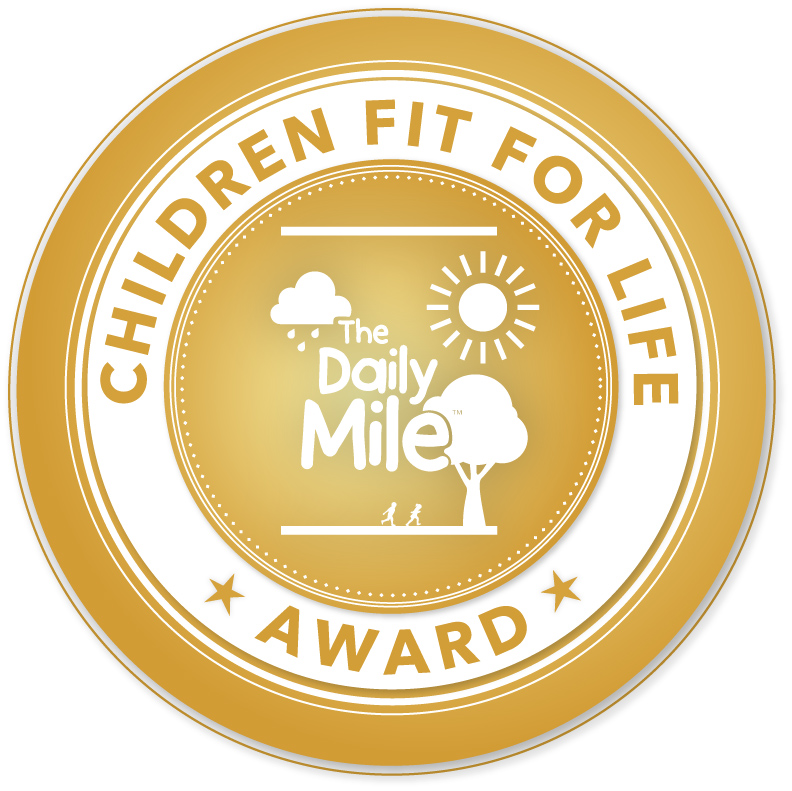History
Intent
At Cradle Hill we aim to ignite our pupils’ curiosity about the past and to foster their understanding of how history shapes both our present and our future. We want to engage and motivate our children to become confident and articulate historians who are able to interpret, question and make reasoned judgements on past events. Through learning about life in Britain from the Stone Age through to the present day, our children will develop a secure chronological understanding and form a coherent narrative of the past. They will recognise how Britain has influenced and been influenced by the wider world with frequent links to the rich history within our own locality. Pupils will deepen their knowledge by exploring enquiries into a different ancient civilisation in each year of Upper Key Stage Two and reflecting upon the characteristics and achievements of each. In each investigation, pupils will interrogate primary sources of evidence to progress their thinking. Pupils will be taught historical skills and key vocabulary which are embedded in each of the periods that the children study and these concepts are revisited and developed throughout their time at Cradle Hill. Our aim is for our pupils to become confident and critical historians ready to contribute to a more respectful and informed society in the future.
Implementation
Following the guidance of the National Curriculum, we ensure that there is sufficient coverage of the subject content, knowledge and the disciplinary skills of History across all year groups. Using progression documents, we ensure that there is clear progression in knowledge, skills and vocabulary throughout the school.
In EYFS, the curriculum supports children’s historical understanding through the teaching of ‘Understanding the World’. Children find out about the past and present in the context of their own lives and that of their family. Language relating to time is used routinely such as ‘yesterday’, ‘old’, ‘new’, ‘past’ and ‘then’.
From KS1, History is taught in termly units across the school with each year group conducting a minimum of two historical studies per year. Within these terms, History has a weekly timetabled slot. The learning is centred around an enquiry question which focus and guides the learning. Retrieval is embedded within lessons to support the retention of prior learning. Substantive concepts are revisited and connections are made between different periods of history. For instance, children in KS2 will each study an ancient civilisation which will enable pupils to deepen their understanding of the concept of civilisation.
Class teachers have access to resources including Collins Connected History and Historical Association. Effective CPD opportunities are available to ensure good levels of staff confidence and subject knowledge are maintained.
Children are explicitly taught what the skills of being a historian involve. These skills include chronological understanding, significance, continuity and change, cause and consequence, similarity and difference and interpreting sources. Any subject-specific technical vocabulary or terminology is also taught explicitly in our History lessons.
Rich and authentic opportunities for cross-curricular links are sought in order to further enrich and consolidate learning. The rich history of our own local area is celebrated with learning, where relevant, being presented in the context of our locality. Children also have the opportunity to engage in campaigns linked to commemorations, events and issues that they are passionate about.
Educational visits, workshops, school visitors and hands-on experience days are provided to excite and inspire our children about the past. We utilise these practical experiences to reinforce and supplement the learning that takes place in the classroom environment.
Impact
Cradle Hill pupils are enthusiastic about history and have developed a curiosity and understanding of the world. They are empowered to make connections between different periods of history and on a local, national and global scale. Outcomes in learning journey books shall evidence the broad and balanced curriculum we have put in place, while demonstrating that children have made good progress in their acquisition of knowledge and development of historical skills. However, pupils will have opportunities to demonstrate their knowledge and skills in other ways aside from just written outcomes. Emphasis is also placed on our pupil’s ability to reason and justify orally, to ask perceptive questions, think critically, weigh evidence, sift arguments and develop perspective and judgement. At the end of each academic year, History is assessed by class teachers who will state whether children are working towards, at or exceeding the age-related expectations. The progression framework can be used to support teachers in making judgements. Pupil voice is collected on a termly basis to gather feedback and to gain an honest, balanced insight into pupil engagement in history at Cradle Hill. This data is then used to inform the subject leader’s subsequent action plan and ensure that all children are able to continue making progress in the subject and are empowered to become confident and articulate historians.
Policy



